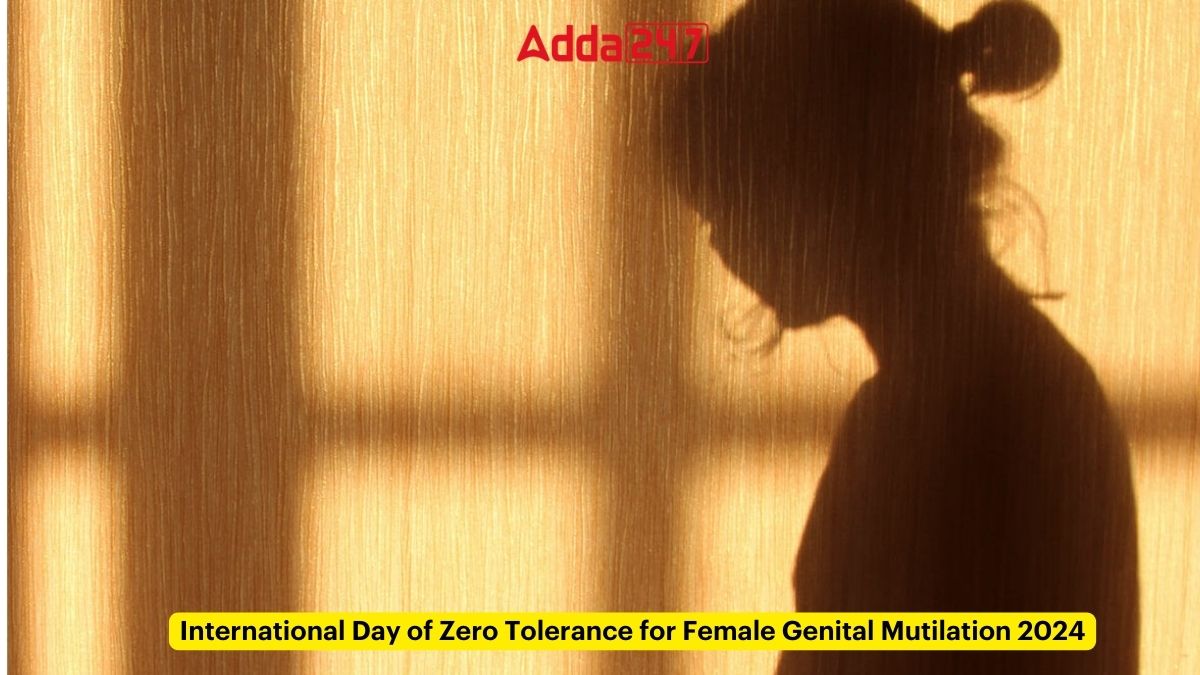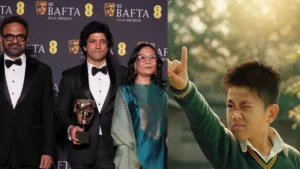February 6th, 2024, marks the International Day of Zero Tolerance for Female Genital Mutilation (FGM), a pivotal moment for communities worldwide to unite against a practice that infringes on the rights, health, and well-being of millions of women and girls. This day serves not only as a call to action but also as a reminder of the progress made and the challenges that remain in the fight to eradicate FGM.
Understanding International Day of Zero Tolerance for Female Genital Mutilation
Female Genital Mutilation comprises all procedures that involve altering or injuring the female genitalia for non-medical reasons and is recognized internationally as a violation of human rights. FGM reflects deep-rooted inequality between the sexes and constitutes an extreme form of discrimination against women and girls. The practice, which spans continents and cultures, has profound implications for the health, dignity, and autonomy of its survivors.
International Day of Zero Tolerance to Female Genital Mutilation 2024, Theme
Each year, the International Day of Zero Tolerance for FGM is commemorated with a theme that highlights a specific aspect of the fight against this harmful practice. The theme for 2024 focuses on “Her Voice. Her Future,” emphasizing the crucial role that community-led initiatives play in achieving lasting change. Share with the world how you support #HerVoiceMatters in leading the #EndFGM movement.
Progress and Challenges of International Day of Zero Tolerance to Female Genital Mutilation 2024
The global efforts to combat FGM have seen significant milestones, with increased awareness, stronger legislation, and growing advocacy leading to a decline in prevalence in some regions. However, challenges persist, including cultural tradition, lack of education, and insufficient enforcement of laws. The fight against FGM requires a multifaceted approach that addresses these challenges head-on, ensuring the protection and rights of all girls and women.
Taking Action
On this International Day of Zero Tolerance for FGM, we are called to action in various ways:
- Education and Awareness: Raising awareness about the dangers and implications of FGM is crucial. Educational campaigns can help change perceptions and norms within communities.
- Support Legislation: Advocating for and supporting legislation that outlaws FGM is vital for its eradication. Legal frameworks need to be accompanied by effective enforcement mechanisms.
- Empower Survivors: Providing support and empowerment opportunities for survivors of FGM is essential for their healing and for them to become advocates against the practice.
- Community Engagement: Engaging with communities to foster dialogue and understanding about the harms of FGM can lead to grassroots change.




 For 2nd Consecutive Year Mangaluru Airpo...
For 2nd Consecutive Year Mangaluru Airpo...
 India Launches Zero Prize, Paying Big fo...
India Launches Zero Prize, Paying Big fo...
 ‘Boong’ Puts India on the Map with First...
‘Boong’ Puts India on the Map with First...








